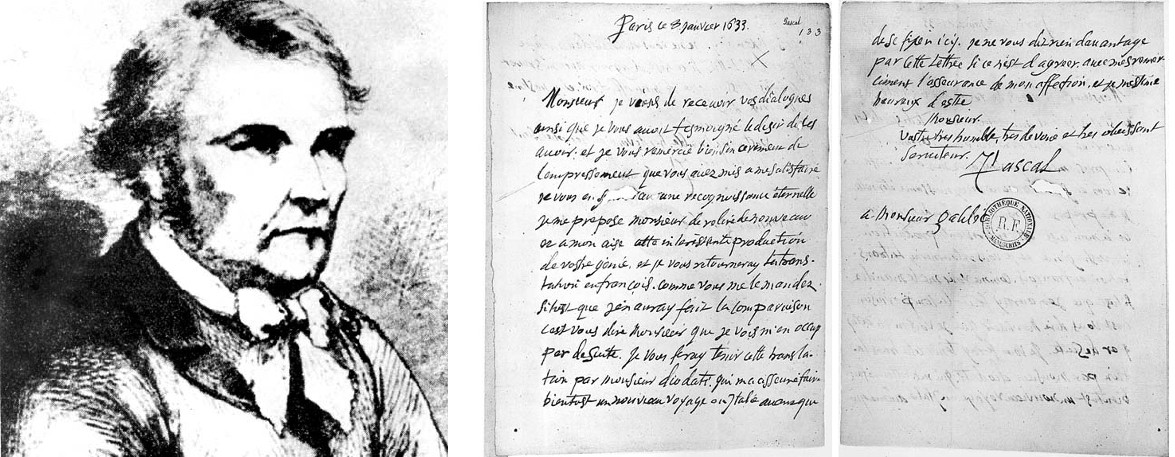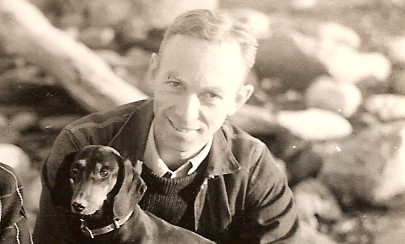Chris McManus discovered this oddity. If W and Y are accepted as vowels, that gives us AEIOUWY. Starting with O, number these according to their positions on a circular alphabet without starting the count over for A (that is, O is the 15th letter of the alphabet, so it’s assigned number 15; beyond Z we’d reach A as the “27th” letter; and so on). Now write these numbers into a triangle, again starting with O:
O 15 U W Y 21 23 25 A E I 27 31 35
Each of the five lines in the figure gives a different arithmetic progression:
UWY: difference of 2
AEI: difference of 4
OUA: difference of 6
OWE: difference of 8
OYI: difference of 10
(David Morice, “Kickshaws,” Word Ways 34:4 [November 2001], 292-305.)






